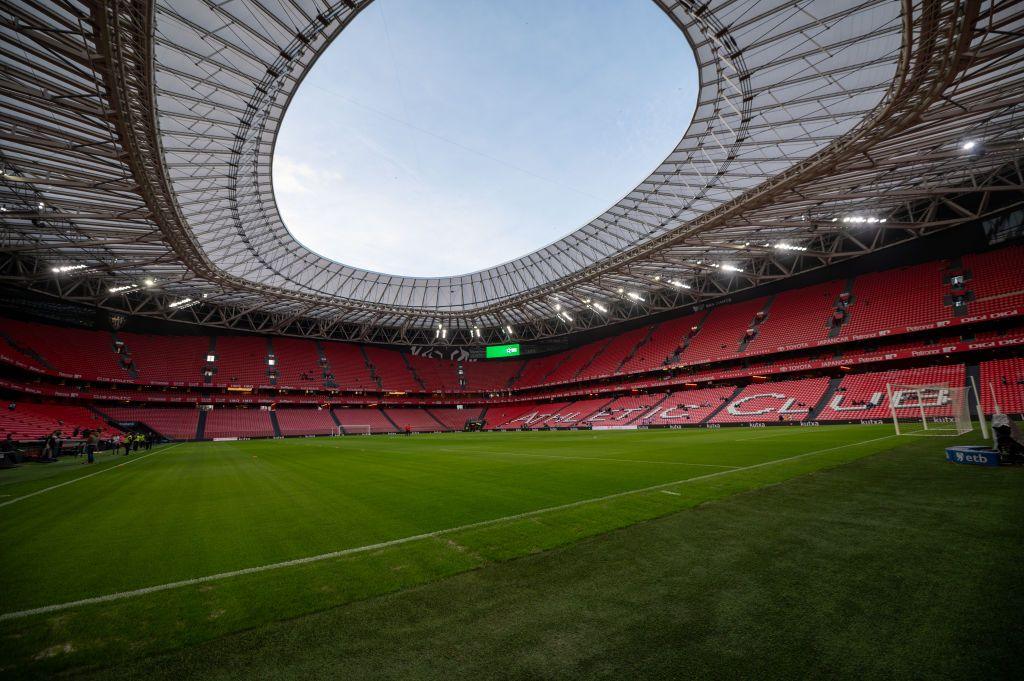All Eyes on the Conference League Finale: Preview, Stakes, and Insights

The excitement is building as football fans across Europe eagerly await the conference league finale. This climactic event offers emerging clubs a chance for European glory, spotlighting both seasoned talents and rising stars. Let’s dive into what makes this year’s finale unique and why it’s capturing so much attention.
How the Conference League Finale Venue is Chosen
Every major European football final brings with it the question: why this stadium? The process for selecting the host city and venue for the conference league finale follows rigorous UEFA guidelines. UEFA invites bids from national associations years in advance. Only the top-tier, category-four stadiums are eligible, with factors like capacity, safety, and regional infrastructure playing vital roles.
For 2025, Wroclaw Stadion in Poland, a 42,000-seat modern arena, hosts the spotlight. The venue will see history unfold as it becomes the largest yet to stage a Conference League final. Previous editions took place in Athens and Prague, but this year’s setting promises to raise the bar for spectacle and fan experience.
A Close Look at Team Preparations
The run-up to the conference league finale hasn’t been without controversy. Chelsea and Real Betis are set to clash, but the English side faces a challenge: less time to recover before the big match. As outlined in this Guardian analysis, Chelsea head coach Enzo Maresca has criticized the scheduling. Real Betis will have enjoyed 48 hours more rest thanks to La Liga's early fixture scheduling, while Chelsea must play a high-stakes league game right before the final.
Squad rotations have also been a hot topic. Maresca confirmed that Filip Jörgensen, who has featured in nearly all Conference League matches for Chelsea, will start the final. His consistent presence in goal has inspired confidence within the team and among fans. Read more about this decision and its implications in the We Ain't Got No History breakdown.
What’s at Stake for the Clubs?
While the Champions League holds Europe’s top honors, the UEFA Conference League gives ambitious clubs a unique platform. The conference league finale is especially important for teams outside the traditional elite. A win means not only a major trophy but also the chance to book a spot in the next season’s Europa League. For Chelsea, lifting the trophy in the manager’s first year would mark a new chapter. For Real Betis, it would cement their continental credentials.
Looking Ahead: Impact Beyond the Pitch
Host cities benefit from more than just football. The influx of fans for the conference league finale brings major boosts to local tourism and business. Recent years have shown that hosting such an event can transform a stadium’s legacy and the city’s image on the European stage.
Choosing new venues also encourages investment in football infrastructure, reinforcing UEFA’s broader mission to promote the game across all of Europe. This approach continues to increase the reach and significance of the conference league finale each year.
Conclusion: Why This Finale Matters
The conference league finale isn’t just the last act of a long campaign—it’s a showcase of emerging talent, tactical battles, and the passion that makes football special. Whether you’re watching for the rivalry, the underdog stories, or the drama of knockout football, this year’s finale is set to deliver. Stay tuned, back your team, and let’s see which club claims their place in European football history!